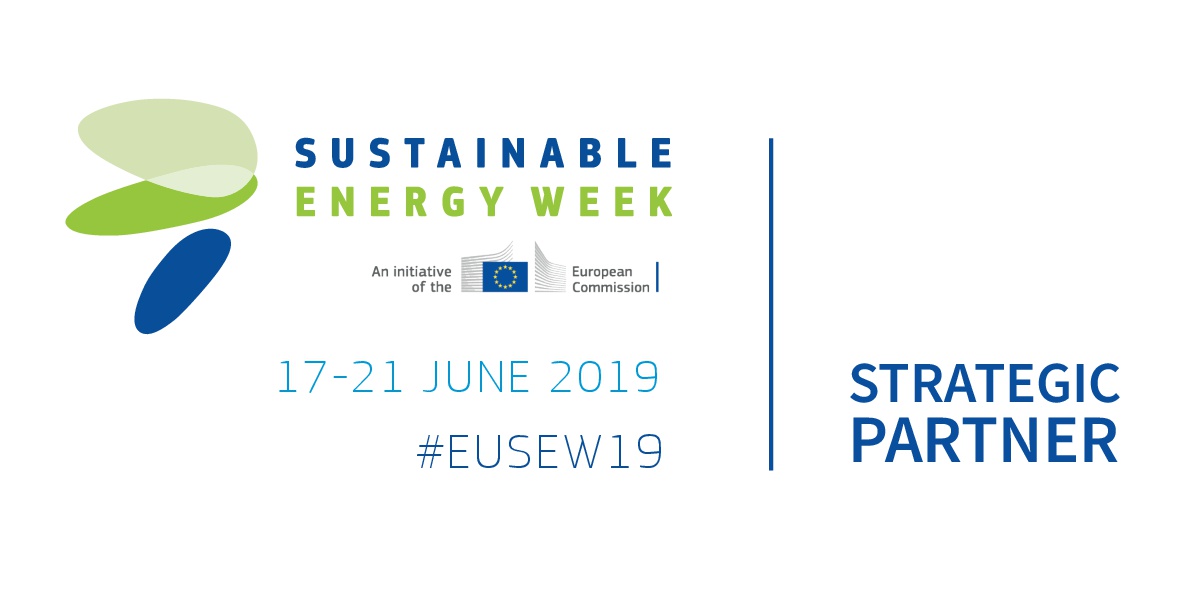Céline Carré, Head of EU Public Affairs, Saint-Gobain
The energy consumer will be a catalyst towards a decentralized and decarbonized energy system as stipulated in the European Commission’s Clean Energy for All Europeans communication. He/she will be able to change energy supplier, monitor and adapt consumption pattern, and produce energy.
But how to reconcile these opportunities with the imperative to meet our European 2050 climate goals and subsequently reduce energy demand? How to reinvent consumption in a way that values the services provided by energy, e.g. mobility, warmth, or light, instead of perpetuating a production-consumption-wastage model?
As a simple value proposition to help consumer take ownership of the transition, energy efficiency is a recipe for aligning short term actions and long-term goals, individual and collective responsibilities, and, not least, rich and poor.
Energy efficiency reduces our import dependency and provides continuous growth and jobs impetus. It helps consumers reduce their bills and quit energy poverty, and it makes our lives healthier. Without it, global energy demand today would be fifty percent higher for buildings only, and the prospect of a net zero carbon society by 2050 would be a foolish dream since electricity demand is set to double in sectors like housing and transport.
The question is how to ensure that energy efficiency plays the role it deserves for consumers to benefit from the transition. The following five guiding concepts suggest ways to overcome the risks of inconsistent signals to consumers.
Align vision and action – Giving visibility regarding what each sector should deliver for the transition is needed for consumers to take the right decisions.
Build lasting support – Eurobarometer polls show that Europeans expect more action at EU level to tackle environmental issues. Political leaders should not wait to leverage this deeper climate awareness into more concrete forms of engagement.
Practice inclusiveness – The renewed support for action is an invitation to put every consumer at the center of the game. Not every home owner can afford an nZEB renovation, and those who cannot need support. But let’s not forget to design adequate policy mixes for all those ready to jump on the renovation train.
Educate – Policy-makers can explain better the complementarity of solutions, concepts such as “efficiency first”, and the cost of non-action. In the same way than a healthy diet does not simply consist in adding some vegetables twice a week, and requires eliminating junk food, a healthy energy system starts with eliminating wastage.
Champion frontrunners: The beauty of the energy transition is that it starts very close to us, e.g. in buildings, with better thermal comfort, light, or acoustic conditions, and air quality. There is room for empowering early movers who can share convincing success stories.
We are in a long journey with no secret short-cuts or exit buttons, but where energy efficiency can deliver the essential benefits that underpin societal buy-in towards our 2050 goals. To get there, our leaders need to be bold, grasp the renewed momentum, practice joined-up thinking and place citizens’ aspirations at the core of their policies.
This article is a contribution from a EUSEW Partner. All rights reserved.

